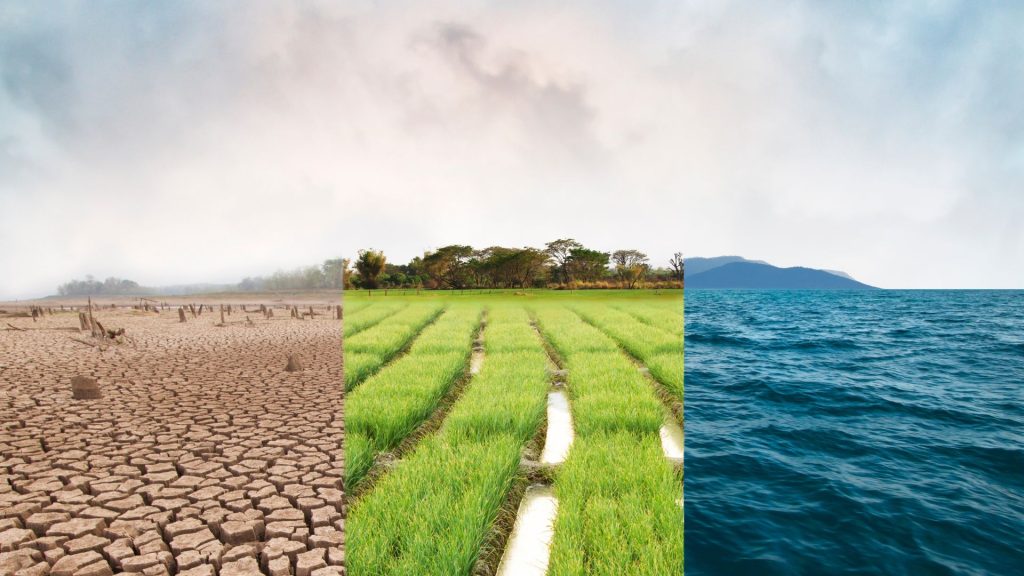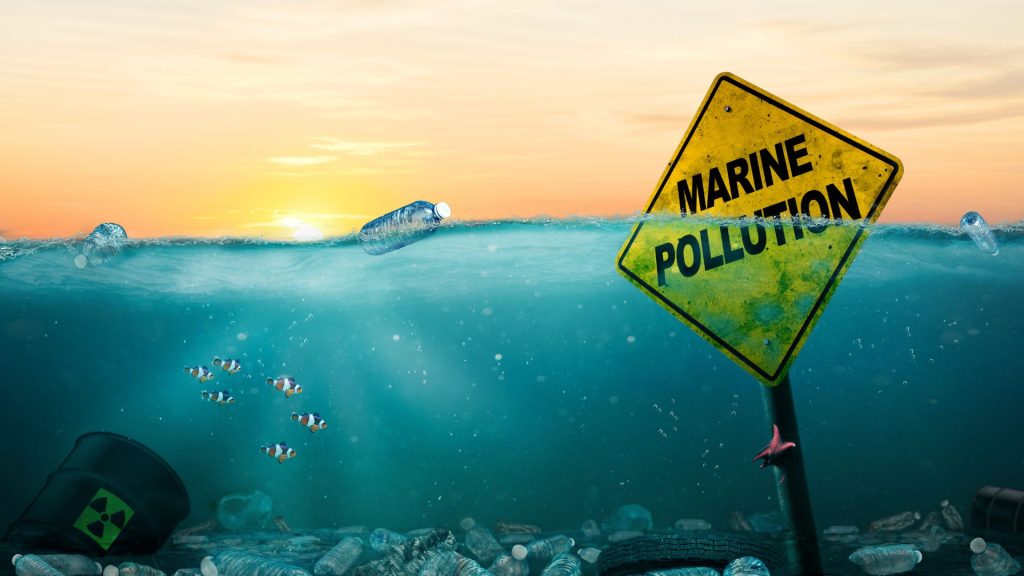Numerous studies have documented the following environmental impacts of environmental crimes. It is commonly acknowledged that these crimes lead to habitat loss, environmental damage, and ongoing pollution.
- The “industrial scale” trade in illegally logged timber is a key component of an otherwise legitimate but often unsustainable worldwide business. Due to its uncontrolled nature and disregard for environmental standards, illegal logging significantly contributes to deforestation, habitat loss, and dwindling biodiversity. Floods, landslides, and the erosion of coastal zones are all made more likely by illegal logging. Losing crucial environmental services, soil quality, and the integrity of regional climate systems are only a few of its ecological repercussions.
- Fish overharvesting, loss of marine biodiversity, and food security are all consequences of illegal fishing, one aspect of fisheries crime.
- The worldwide contamination of air, land, and waterways caused by pollution crimes, such as the unlawful dumping and trading of wastes, endangers local ecosystems and harms not just human health but also the health of animals and plants.
- The illegal consumption and production of ozone-depleting substances such as hydrochlorofluorocarbons or HCFCs, chlorofluorocarbons, and other ozone-depleting substances affect animal immune systems, make them more susceptible to diseases, and decrease plant and phytoplankton productivity.
- The destruction of natural flora and fauna, landscape degradation, pollution, and radiation risks are just a few of the severe environmental effects of illegal mining, which are increasingly becoming a major public concern. Agricultural land, commercial crops, and plants are harmed in these ways.
- In addition to accelerating deforestation and decreasing biodiversity, illegal logging exacerbates the consequences of climate change. This is particularly evident in the Congo Basin and peatlands, which make up one of the biggest carbon sinks in the world. It has the potential to discharge enough fossil fuel emissions for 20 years in the United States if disturbed.

Economic and Social Impacts of Environmental Crimes
The illegal use of resources has detrimental socioeconomic effects on people, communities, businesses, and states, such as the following:
- Criminals undermine the livelihoods of individuals in many different areas by destroying industries, depriving legitimate operators of their resources, and/or eroding legal marketplaces. For instance, according to research by the American Forest & Paper Association, depending on the article, illegal logging lowers global wood prices by between 6% and 17%. As a result, US companies suffer losses of at least 40 million dollars annually.
- Illegal fishing in the fishing industry threatens coastal communities’ survival, particularly in underdeveloped nations with inadequate government frameworks. The fishing sector employs over 500 million people in underdeveloped countries, and the decline in fishing stocks brought on by illegal and unregulated fishing significantly influences these people’s quality of life.
- A vicious cycle is created when environmental crimes cause the state to lose tax revenue, and then the state must invest in preventing future crimes and restoring the environment. The state loses tax income due to environmental crimes, and the need to spend money on fighting these crimes, cleaning the environment, funding medical treatments, or developing secure infrastructure may put a state under a lot of financial and political strain. For instance, it is estimated that illicit logging deprives developing country governments of at least 10 billion US dollars in yearly earnings and taxes. Similarly, the unlawful mining of chromite in the Khost region alone results in yearly financial losses to the Afghan government of over 5.4 million US dollars.

Impact on Human Health
The following are the effects of environmental crimes on human health:
- Human health and welfare are adversely affected by environmental crimes in many different ways. For instance, deforestation and changes in land usage facilitate the transmission of previously undiagnosed illnesses from animals to people. For instance, the surprising spread of Ebola disease is one example of how this is apparent.
- Pollution-related crimes can occasionally result in death or severe disability, frequently in the world’s most impoverished countries. In 2012, The International Labor Organization or ILO conducted an extensive study on e-waste, one of the black markets with the fastest growth rate.
- The report identifies various health concerns associated with e-waste, such as breathing, lung irritation, choking, coughing, pneumonia, neuropsychiatric issues, convulsions, tremors, coma, and even death. According to the research, electronic waste operators are also exposed to various hazards that can cause acute illnesses and chronic conditions like asthma, skin conditions, eye irritations, and stomach conditions.
- The unlawful manufacturing and use of HCFCs, CFCs, and other ozone-depleting compounds raises the risk of photoaging of the skin, skin cancer, cataracts, and weakened immune systems while also contributing to ozone depletion.
Impact on Governance and Sustainable Development
Environmental crimes threaten the following sustainable development and human rights while undermining the institutions’ efficiency and regulation of worldwide environmental governance.
- Although not specifically included in the United Nations 2030 Agenda, environmental crimes are closely related to the issues the SDGs aim to address and provide a substantial obstacle to achieving these goals. The Agenda refers to matters related to environmental crimes, such as “natural resource depletion and harmful consequences of environmental degradation” and “climate change” in this context.
- Environmental crimes frequently aid in the performance of other crimes, such as corruption, financial fraud, and obstructing the justice system, weakening the “rule of law.” The “rule of law” is a fundamental legal concept at the core of the United Nations. The international community developed the phrase “the environmental rule of law” to promote the rule of law and attain environmental stability. An important environmental duty and rights benchmark is “the environmental rule of law.”
- In their quest to control crucial resources, such as water supplies, arable lands, forests, mines, etc., communities and countries may have conflicts with one another over the environment. As a result, there may be a threat to a country or a region’s security and stability. Additionally, the potential economic value brought about by environmental crimes has an impact on an increasing number of highly organized and threatening entities, such as organized criminal groups and terrorist organizations.
- High revenues from the exploitation of illegal resources have fueled many conflicts that have resulted in abuses of human rights and humanitarian law, such as forced labor, using children as fighters in bloody conflicts, and sexual and gender-based violence.

Final Thoughts
Environmental crimes have economic and social consequences, as well as impacts for human health and governance and sustainable development. Illegal logging and wildlife trafficking are increasingly being driven by organized groups that exploit natural resources and destroy habitats, robbing communities of their livelihoods, jeopardizing the wider economy, and endangering threatened species and ecosystems.









